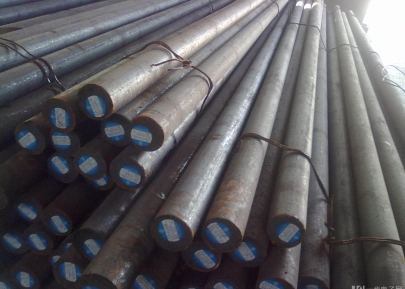Unlocking the Secrets of Copper Blockers: How They Can Transform Your Health
Copper, a trace mineral essential for various bodily functions, often gets overlooked in today’s health discussions. However, the concept of copper blockers has stirred interest. Why? Because they hold the potential to change how our bodies absorb this crucial element. In this article, we’ll explore what copper blockers are, their impact on health, and how they connect to everyday items like a copper knife set with block.
Understanding Copper Blockers
Before diving deeper, let's clarify what copper blockers actually are. These are substances or compounds that inhibit the absorption of copper in the body. While copper is vital for our health, excess levels can lead to toxicity.
How Do Copper Blockers Work?
Copper blockers function by binding with copper, thus preventing its uptake within the gastrointestinal tract. This interaction is crucial for individuals who may be at risk of >high copper levels, whether due to dietary factors or genetic predispositions.
Why Consider Copper Blockers?
There are a few compelling reasons for incorporating copper blockers into your health regimen:
- Preventing Toxicity: For those on copper-rich diets or with conditions that lead to excess accumulation, these blockers can help.
- Supporting Overall Balance: A proper balance of minerals is vital for health—too much of one can lead to deficiencies in another.
Health Conditions Associated with Copper
High copper levels can be linked to several health issues. Below is a brief overview:
| Health Condition | Symptoms | Treatment Options |
|---|---|---|
| Wilson's Disease | Neurological problems, liver issues | Medications, copper blockers |
| Hepatitis | Fatigue, jaundice | Supportive care, dietary adjustments |
Incorporating Copper Blockers in Your Diet
It's essential to note that while copper blockers are beneficial, they shouldn't be seen as a replacement for a balanced diet. Here are some essential copper blocker sources:
- High-fiber foods
- Legumes
- Whole grains
Remember to consult a health professional before making dietary changes, especially if you have pre-existing conditions.
The Connection Between Copper Blockers and Dietary Tools
Now, you might wonder, what does this have to do with kitchenware, especially a copper knife set with block? Well, it's simple! These kitchen tools can enhance cooking experiences but should be used wisely. Over time, continual use of copper utensils might elevate copper levels in foods. Thus, knowing about copper blockers is particularly relevant for those who frequently use these items.
Common Myths about Copper
Let's clear up some misunderstandings about copper:
- Myth: All copper is bad for you.
- Myth: You don't need to worry about your copper levels.
- Myth: Copper blockers are completely safe without limits.
Conclusion
In summary, incorporating copper blockers into your health routine can significantly impact managing your copper levels. Used sensibly, they can safeguard against potential toxicity while contributing to mineral balance. Whenever you're making decisions about your dietary intake or using copper utensils, knowledge is your best ally. Equip yourself with the right information, and your health will thank you for it!
FAQs
- 1. What foods are high in copper?
- Foods like shellfish, seeds, nuts, and chocolate are known for their high copper content.
- 2. Can copper blockers be found in supplements?
- Yes, certain supplements contain ingredients that can act as copper blockers.
- 3. Is it safe to rely on copper blockers entirely?
- No, it’s important to maintain a balanced diet and consult a healthcare professional.



